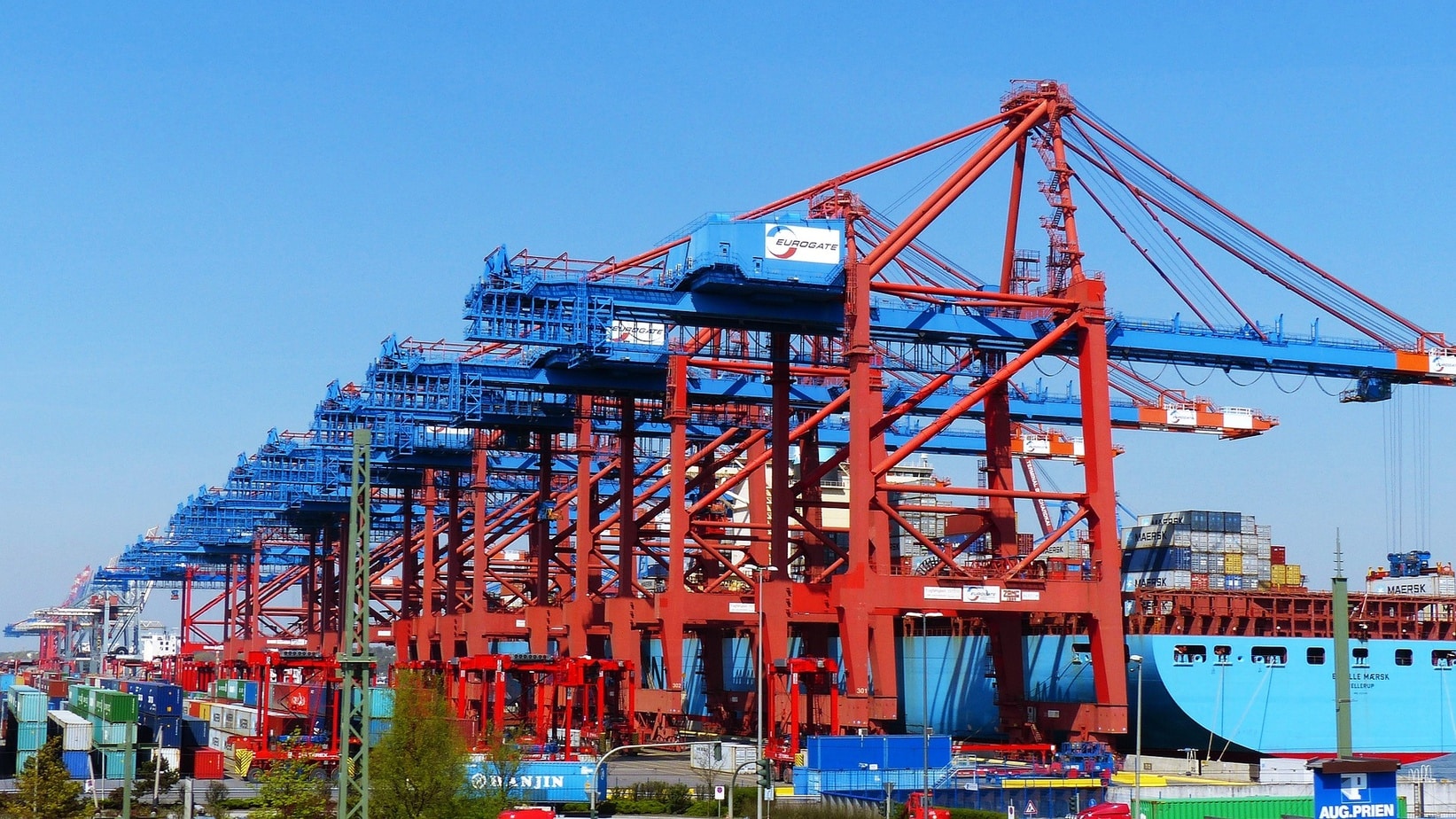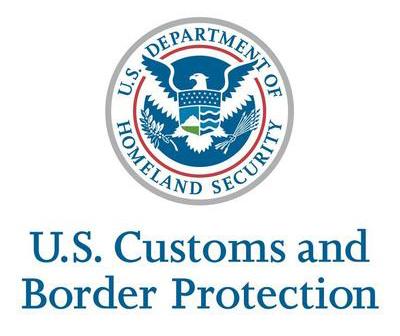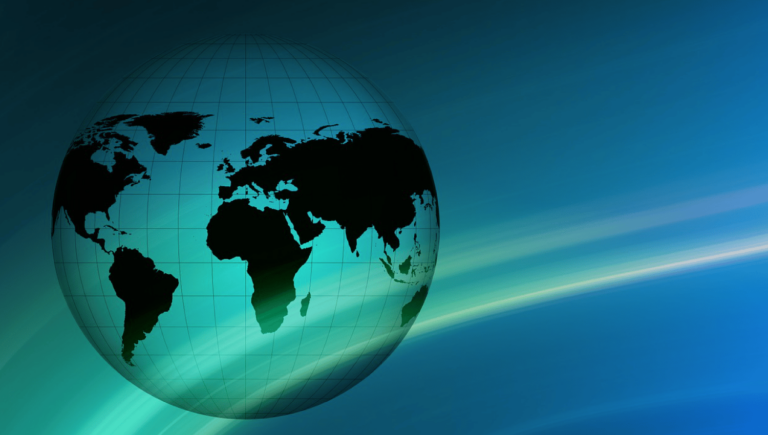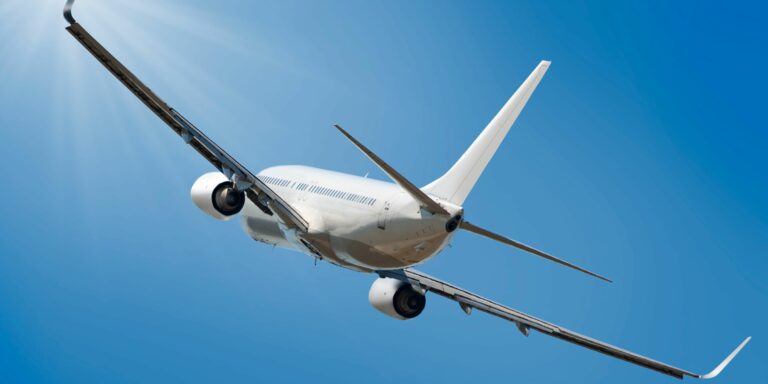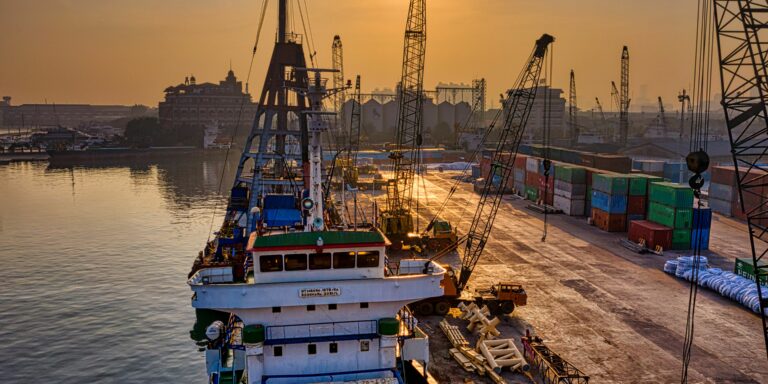Why Trade Matters
The US is in a full-blown “trade war” with China. The possibility of tariffs on goods from Mexico, combined with other trade actions by the Trump administration, could send the entire US economy off the rails. The Federal Reserve is already looking at ways to prevent this disaster in the making.
History teaches that global trade matters. It’s been going on for thousands of years, along with periodic efforts to raise barriers against it. With the invention of the steam engine and the lowered cost of shipping, the modern era of global trade took off in the late 18th and early 19th century.
World War One brought that to an end. The second modern era of trade began in the 1930s and has continued right up to today, when protectionist leaders in the US and elsewhere are challenging the long-standing globalist consensus.
In this week’s WhoWhatWhy podcast, we dig deep into these issues with RAND senior economist Dr. Howard Shatz. Shatz has a Phd from Harvard, studied international policy and Middle East studies at Columbia, and did his post-graduate work at Tel Aviv University and at Brown.
Offering a kind of Trade 101 primer, Shatz talks about the current rise of protectionism via tariffs and other government policies, and how those policies have often backfired in the past, degenerating into mutually harmful tit-for-tat retaliation.
Shatz sees the mounting risk of a trade war between China and the US as an almost Black Swan event, given the historical rarity of full-out confrontations between economies of such size.
Part of the impetus for global trade agreements — like those underlying such organizations as the World Bank, the World Trade Organization, the International Monetary Fund, and specific deals like the North American Free Trade Agreement — is the belief that nations that trade together are less likely to go to war with each other. In this context, global trade matters more than ever.
As the danger of trade wars increases, there are fears that one of the bulwarks against big-power military confrontations is eroding — with consequences, in a nuclear-armed world, that beggar the imagination.[/vc_
Full Text Transcript:
As a service to our readers, we provide transcripts with our podcasts. We try to ensure that these transcripts do not include errors. However, due to time constraints, we are not always able to proofread them as closely as we would like. Should you spot any errors, we’d be grateful if you would notify us.
| Jeff Schechtman: | Welcome to the WhoWhatWhy Podcast. I’m your host, Jeff Schechtman.
There has always been an underlying assumption, at least in our contemporary debates, that nations that trade together are less likely to go to war with each other. In a very real sense, that’s generally been true. Such was a lot of the practical and political impetus for the wave of globalization that has swept this century. But today, trade itself has become a face of war. All over the world, trade wars seem to be heating up. Whether they might escalate to hot wars is an open question, but for now, simply trying to understand the trade wars themselves is valuable. A listener approached me recently and said he just wished there was some way to really understand what’s going on with this debate about trade. “What’s at stake,” he asked, “Who’s really paying the price? How will it really impact our wallets, and who’s to blame?” All good questions. |
| Jeff Schechtman: | To help us understand this, I’m joined today by my guest, Howard Shatz. He’s a senior economist at RAND and a professor at the Pardee RAND Graduate School. He has a Ph.D. in Public Policy from Harvard, has studied international policy and management in Middle East Studies at Columbia, and has done post-graduate work at Tel Aviv University and at Brown University. Before joining RAND, Dr. Shatz was a research fellow with the Public Policy Institute of California and held research fellowships at Brookings, at the Board of Governors of the Federal Reserve, and has worked as a consultant to the World Bank, and for nations in Latin America, Africa, and South Asia. It is my pleasure to welcome Dr. Howard Shatz to the WhoWhatWhyPodcast. Howard, thanks so much for joining us. |
| Howard Shatz: | You’re welcome. It’s my pleasure to be here. |
| Jeff Schechtman: | The idea of nations trading is certainly not a modern invention. It goes back, literally, thousands of years. Talk a little bit about the modern reinvention of trade and a little bit about how it’s evolved. |
| Howard Shatz: | You’re right. It does go back thousands of years, and we have evidence of that from shipwrecks, for example, in the Mediterranean and from records of the great Mongolian Empire throughout Eurasia, where people could trade freely or could move freely across a vast land area. But the modern invention of trade, we would date to the late 18th century. I’ll go through two iterations. Late 18th century, early 19th century with the invention of the steam engine and then the application of that to shipping. That vastly lowered transportation costs. One of the reasons that it’s difficult to trade is because you have to move a good from one place to another. Throughout most of human history, that’s been very expensive. Again, if you go back into the Medieval times, you’d see these records of trade fleets going from Europe to China and back. They would take years, and they would be extremely expensive. You would need to transport very high-value items. |
Click here to continue reading original posting-> Who What Why
———————————————————————————-
Previously published June 7, 2019 | JEFF SCHECHTMAN


